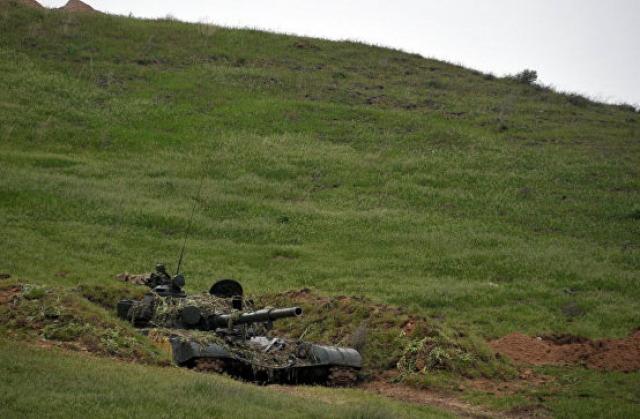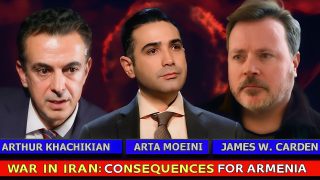What’s the reason of enmity between Armenians and Azerbaijanis?—Declassified documents of U.S. CIS on NK

The US Central Intelligence Agency (CIA) has declassified millions of documents, which are available on their website.
Documents relating to Armenia and Karabakh may be found in CIA archive as well.
Pursuant the document declassified by CIA in 2012, the reason for Karabakh conflict outbreak is the enmity between the people of Armenia and Azerbaijan.
According to the document written on June 16, 1988 it’s meant for the US Vice President [the then Vice President was George H. W. Bush] the enmity between the two Soviet nations—Armenians and Azerbaijanis, fundamentally is based on religious and ethnic differences.
The report even states that Armenians are Orthodox Christians and Azerbaijanis—ethnically Turkic and Sia Muslim.
Author of the report states that deportation by Turkey of virtually its entire Armenian population in 1915, leading to the death of an alleged 1.5 million, enormously increased Armenian hatred of Turkic peoples—including the Azerbaijanis.

It’s stated that the Russian Empire expanded into the Caucasus in the early 19th century, taking both ethnic groups under its tutelage and occasionally playing the two groups off against one another.
At the same time, many Armenians came to see the Russians as protectors or at least as a “lesser evil”.
When the Tsarist Empire collapsed in 1917, the Bolshevik takeover left Azerbaijan in control of Karabakh. But the Armenians regarded it as rightfully theirs both because of ethnic composition (overwhelmingly Armenian) and because of its “special place in their national history”.
According to the document, at first Moscow awarded Karabakh to the Armenians, but when Turkey expressed opposition to a large Armenian republic on its borders, the Soviet leadership in 1923 shifted Karabakh (renamed Nagorno-Karabakh) back to Azerbaijan.

“Since that time, the Armenians have periodically agitated for the return of Nagorno-Karabakh,” the report reads, making reference to Gorbachev’s economic adviser Abel Aghanbegyan, who is ethnically half Armenian, the author of the report states that in the 1960s and 1970s, Armenian dissidents circulated manifestations demanding the return of the region.
According to the author of the report, the Azerbaijanis’ intransigence on the issue was intensified by resentment of what they see as “Russian favoritism” toward the representation of Armenians in Moscow’s political elite.
The report reads that these larger “grievances” indirectly feed into Armenian-Azerbaijani tensions and increase the potential for Azerbaijani violence against Armenian inhabitants of Azerbaijan.

























